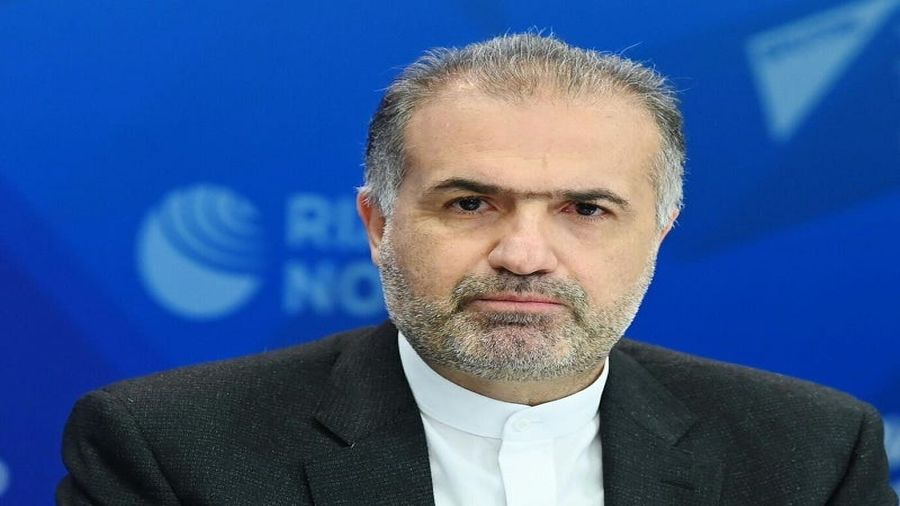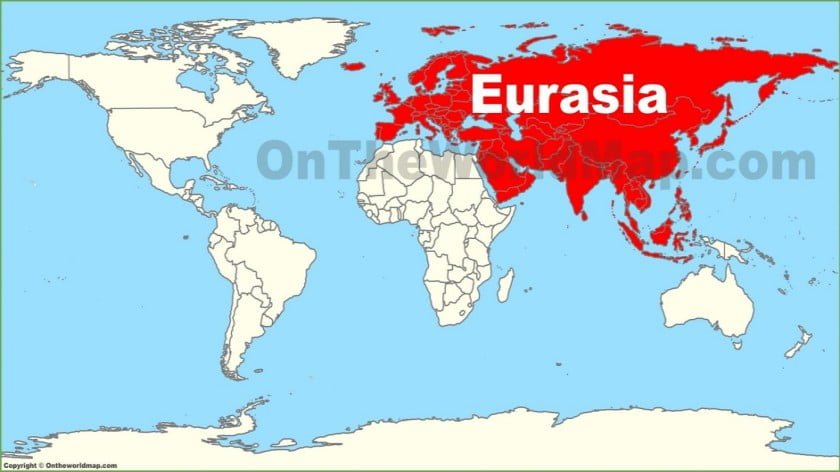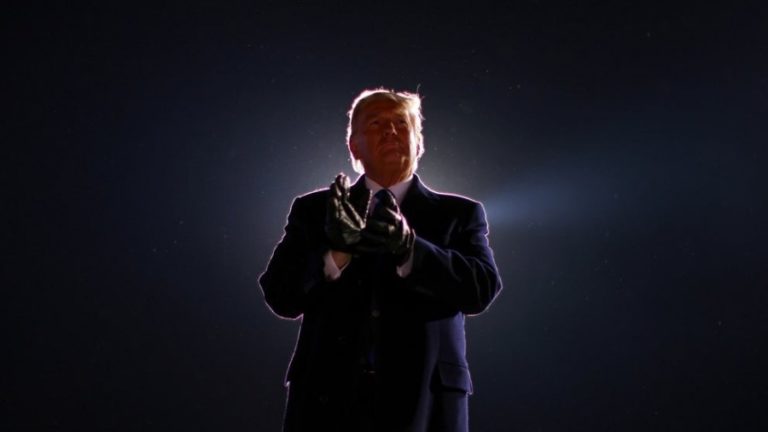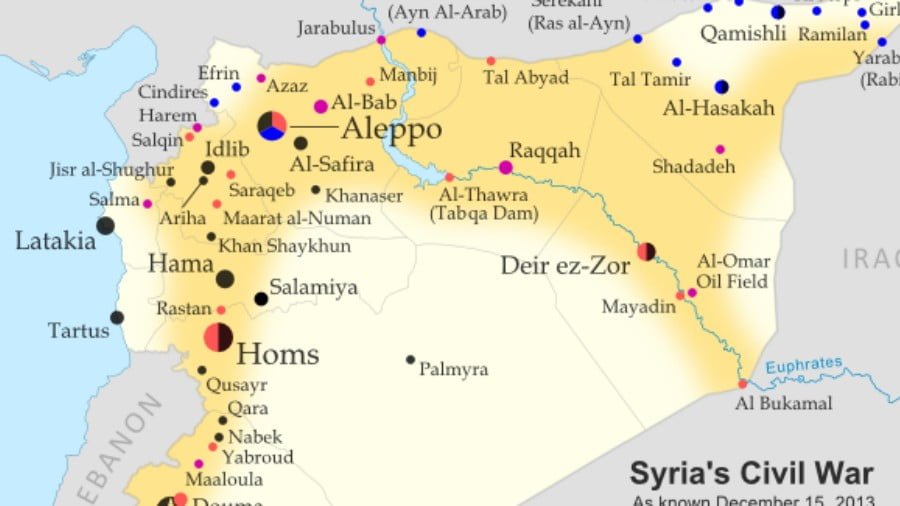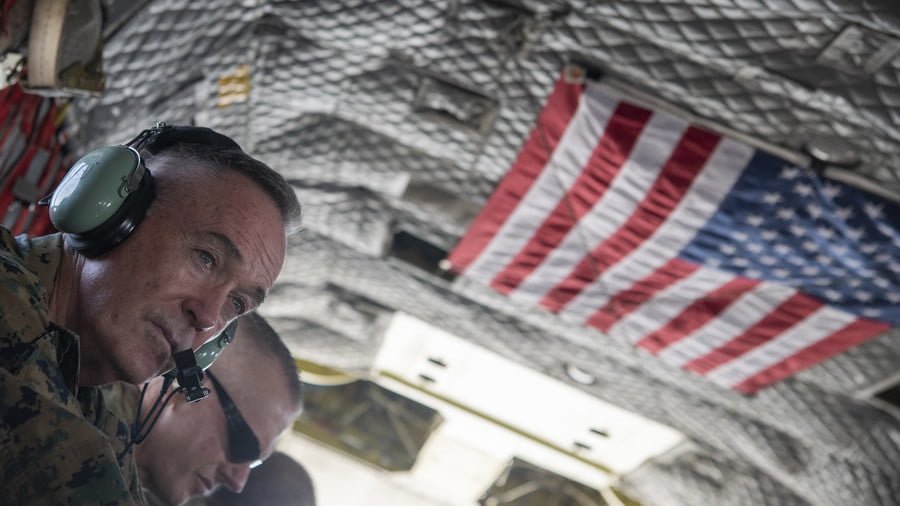The Iranian Ambassador to Russia Shared Some Details About Those Two’s Strategic Partnership
The Russian-Iranian Strategic Partnership can be described as globally and even historically significant, which is why observers should closely follow it and remain abreast of those two’s latest developments like those that Ambassador Kazem Jalali just shared during his latest press conference.
Iranian Ambassador to Russia Kazem Jalali held a press conference on Wednesday, during which time he shared some details about those two’s strategic partnership that were reported on by TASS. His Excellency revealed that talks on a free trade zone between his country and the Russian-led Eurasian Economic Union (EAEU) have been completed and that the document will now be sent to the relevant countries’ parliaments for ratification.
On the topic of economics, he also added that trade turnover rose by 27% over the past year. This part of Ambassador Jalali’s press conference was very important, hence the need to quote him directly:
“We are now trying to buy grain, oilseeds and sunflower oil in Russia. We are also trying to provide Russia with products and food that it needs. We are making efforts to guarantee that our basic needs [are met], and that basic goods are purchased from our northern neighbor.
The main difference between this year and the previous year is that the Iranian export basket to Russia has diversified. This shows that in the field of new technologies, medical equipment, medicines and in general in the field of medicine, as well as in many other areas, we maintain very serious interaction.”
As can be seen, their trade ties have diversified. Furthermore, they’re also considering the joint manufacture of vehicles, expanded energy relations, space co-op, and using the ruble more often.
Another highlight of Ambassador Jalali’s latest media interaction was when he warned that “Some Western countries are starting to create threats and crises near our countries and pose problems to us. The way I see it, the time has come for us to find a solution together on these issues.” It’s unclear exactly what he was referring to, but he might have been hinting at the continued tensions between Armenia and Azerbaijan.
This isn’t groundless speculation either but built upon the basis of him referencing the 3+3 mechanism for managing regional affairs in the South Caucasus. Ambassador Jalali added that “Certainly, the issue of security and stability in the South Caucasus is very important to us. We fully support the territorial integrity of the countries of the South Caucasus and we consider any geopolitical change in that region to be dangerous and oppose it.”
This is a balanced position that fully aligns with international law. Moreover, it shows that Iran is a responsible regional actor and not the fountainhead of instability that its rivals falsely portray it as. To the contrary, the Islamic Republic is invested in regional security in general and in the South Caucasus in particular since conflicts along its periphery risk destabilizing its internal security. Since this can’t be achieved unilaterally, it makes sense why Iran is working closely with Russia and others to that end.
All of these aforementioned positive aspects of the Russian-Iranian Strategic Partnership were greatly enhanced by Iran’s rising significance in Russia’s grand strategy after the start of its special operation in Ukraine. Those two and their shared Indian partner are jointly creating a third pole of influence for breaking through the Sino-American bi-multipolar superpower duopoly, which is revolutionizing International Relations at this pivotal moment in the global systemic transition to complex multipolarity.
The North-South Transport Corridor (NSTC) connecting all three of them together is quickly emerging as among the most important geostrategic corridors in Eurasia considering how much it’s accelerated multipolar processes already. With this in mind, the Russian-Iranian Strategic Partnership can therefore be described as globally and even historically significant, which is why observers should closely follow it and remain abreast of those two’s latest developments like those that Ambassador Jalali just shared.

